About Tanzania
Tanzania is one of Africa’s fastest growing economies with nearly 7 percent annual GDP growth since 2000. While the economy has grown, widespread poverty persists with over 46 percent (2011) of Tanzania’s population living on under $1.90 per day. Income disparity is more pronounced in rural areas, where economic growth has been hardly perceptible among the predominantly rural (68 percent) population. Inclusive broad-based growth is further stymied by population growth and low gains in productivity for labor-intensive sectors like agriculture, which employs 75 percent of the populace. Tanzania's natural resources are an asset to the country, providing the basis for livelihoods—but unsustainable use of these resources threatens to perpetuate the cycle of poverty.
Women and youth are key to Tanzania's continued development, but are among the most marginalized citizens. Women's salaries, for example, average 63 percent lower than those paid to men, while female-owned businesses make 2.4 times less profit. Youth under age 15 make up 45 percent of Tanzania’s population of 53 million, and with an annual growth rate of 3 percent, the population is projected to reach 70 million by 2025.
The U.S. Government is Tanzania’s largest bilateral donor, and with low levels of ethnic tension, political stability, and sustained economic growth in recent years, Tanzania is a favored recipient of support from the U.S. and other donors. Tanzania remains a recipient of numerous presidential initiatives being implemented in the region, including the President’s Emergency Fund for AIDS Relief, President’s Malaria Initiative, Sustainable Financing Initiative, Power Africa, Trade Africa, Feed the Future, Global Climate Change Initiative, and Let Girls Learn. USAID programs in Tanzania are aligned with Tanzanian national development goals and support Tanzania’s National Strategy. As outlined in USAID/Tanzania’s Country Development Cooperation Strategy, these programs work to empower Tanzanian women and youth, achieve inclusive, broad-based, and sustainable economic growth, and improve effective democratic governance to advance Tanzania’s transformation toward middle income status by 2025.
Links
Assistance Provided to Tanzania








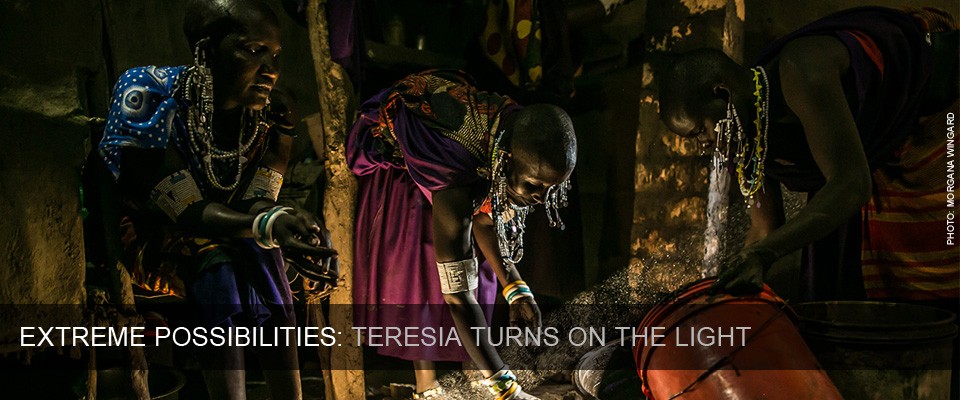
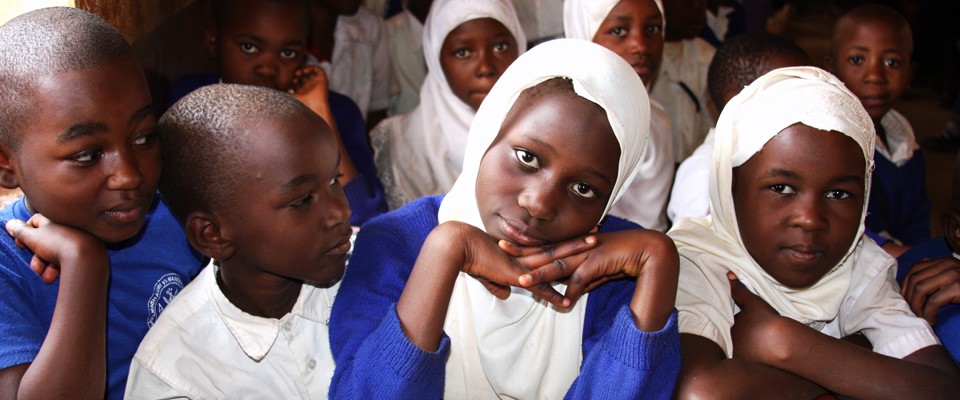
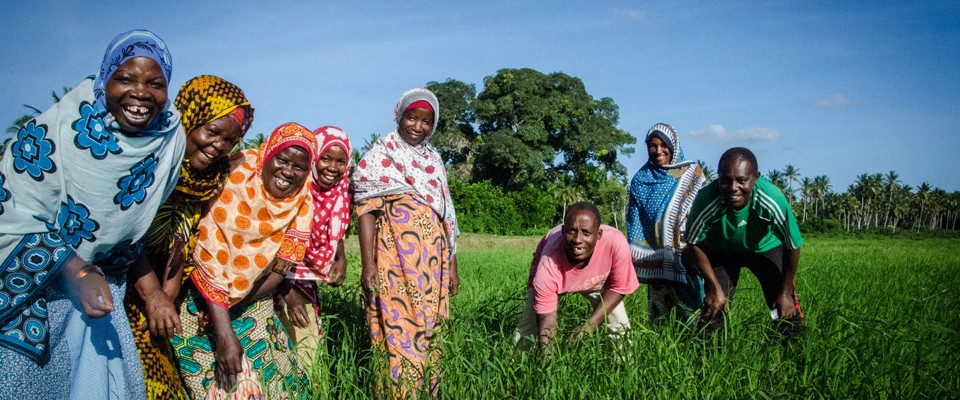
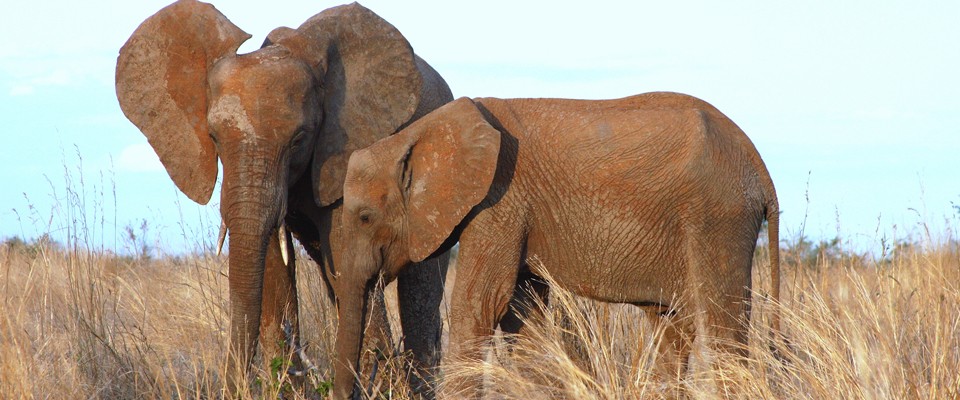
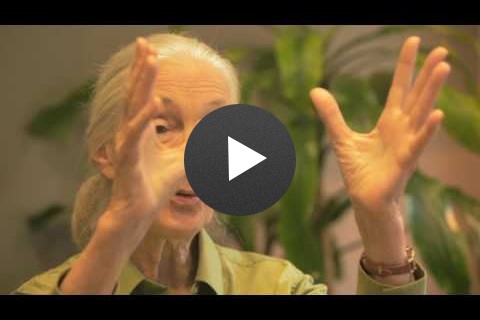
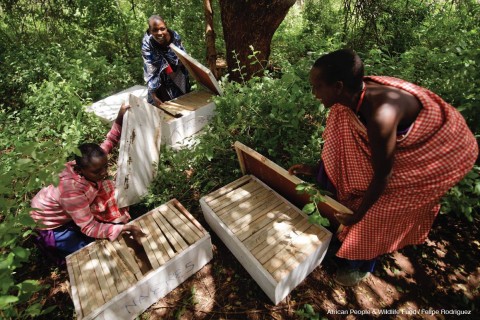
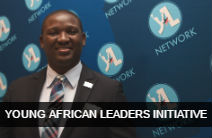
Comment
Make a general inquiry or suggest an improvement.